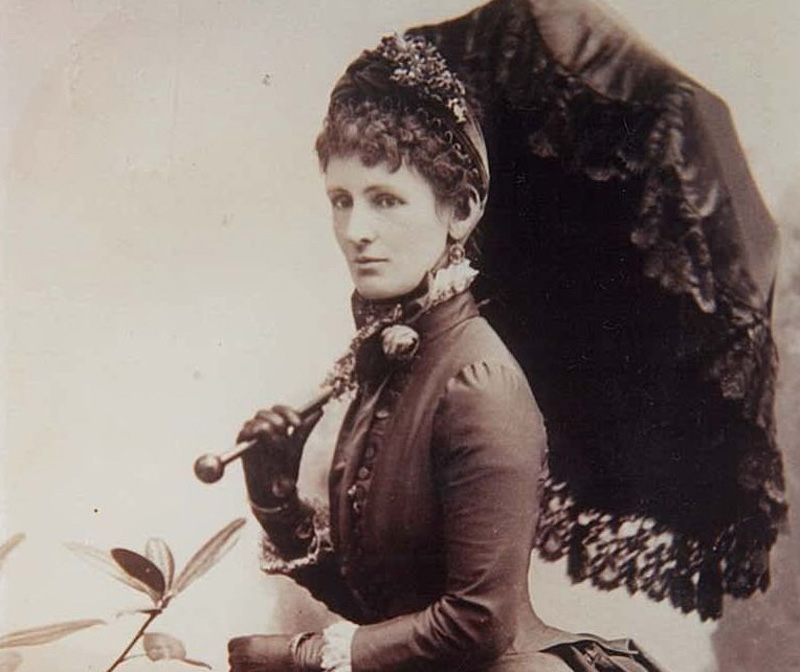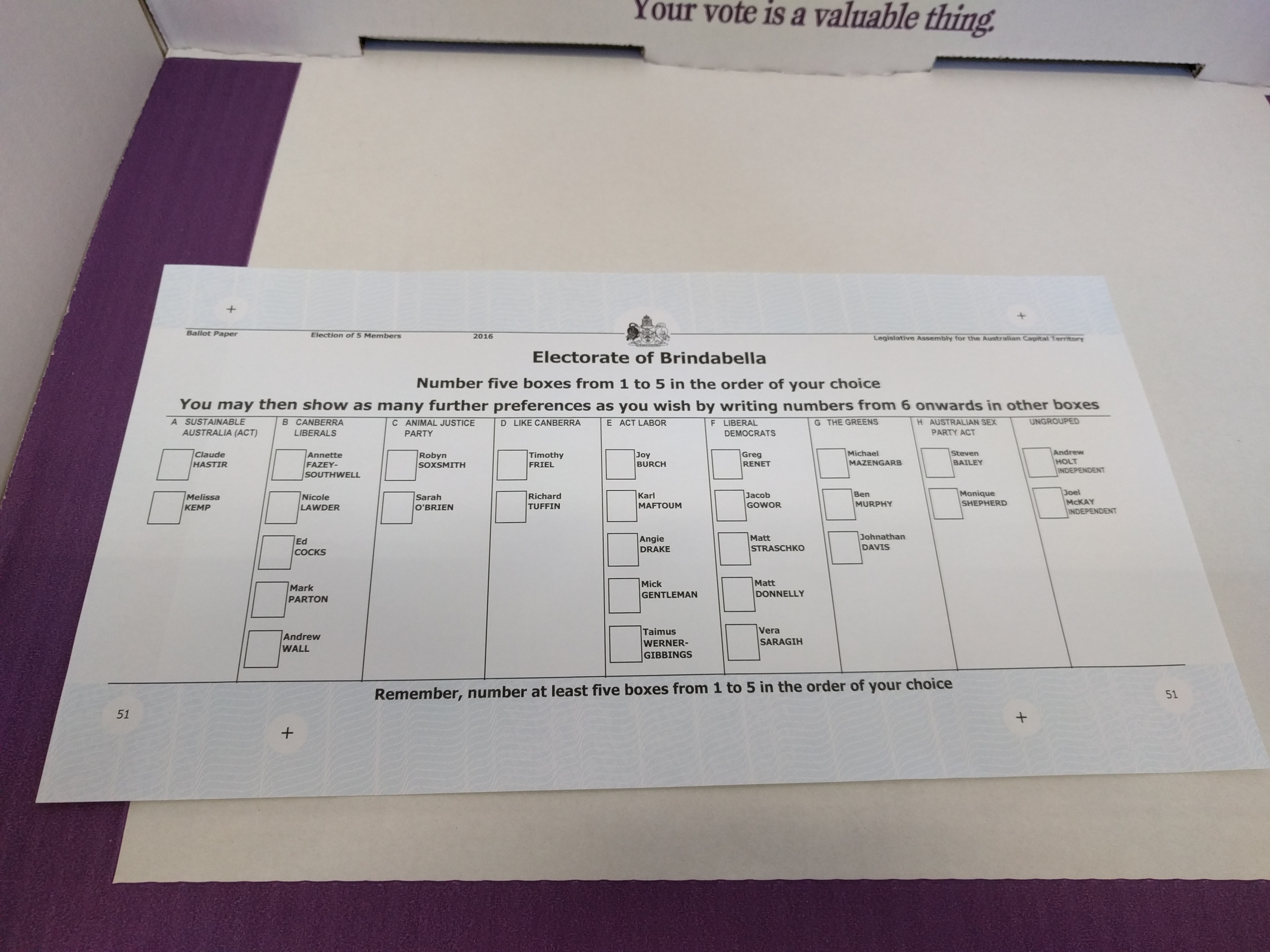|
Tasmanian Liberal League
The Tasmanian Liberal League was a political party in the Australian state of Tasmania. It was founded in 1909 and merged into the Nationalist Party in 1917. During its existence it formed a two-party system in the Parliament of Tasmania with the Australian Labor Party (ALP). Although the league was created in the same year as the federal Liberal Party, there were no formal ties between the two. Background Tasmania was the last Australian state to develop formal political parties, both in terms of parliamentary parties and extra-parliamentary organisations. The first statewide political party was the Reform League, founded in 1902. It was soon followed by the Workers' Political League, the forerunner of the current Labor Party. The Reform League was succeeded by the National Association in 1904, which in turn became the Southern Tasmanian Progressive League in 1907. With the exception of the Labor Party, which grew rapidly, the parties were mostly inactive outside of election y ... [...More Info...] [...Related Items...] OR: [Wikipedia] [Google] [Baidu] |
Elliott Lewis (politician)
Sir Neil Elliott Lewis (27 October 1858 – 22 September 1935),Scott Bennett, ''Australian Dictionary of Biography'', Volume 10, MUP, 1986, pp 94-95. Retrieved 2009-09-13 Australian politician, was Premier of Tasmania on three occasions. He was also a member of the first Australian federal ministry, led by Edmund Barton. Early life Lewis was born in Hobart, son of Neil Lewis, a merchant, and his wife Anne Maria, ''née'' Cox. N. E. Lewis was the grandson of Richard Lewis (government auctioneer) and nephew of David Lewis, colonial treasurer 1878–79. Educated at the Hobart High School, Lewis took the diploma of associate of arts with gold medal, and was awarded a Tasmanian scholarship. Lewis then attended Balliol College, Oxford University graduating B.A., 1882 and M.A. & B.C.L. in 1885. He was admitted as a barrister in London in 1883 and returned to Tasmania where he was admitted as a barrister in December 1885 and commenced a private practice. Political career Lewis w ... [...More Info...] [...Related Items...] OR: [Wikipedia] [Google] [Baidu] |
Australian Women's National League
The Australian Women's National League (AWNL) was an Australian political lobby group federation first established in 1904. It acted in many ways like a political party, with an extensive branch network and the capability to run its own candidates. It was a conservative organisation with four key declared objectives: * Loyalty to the Throne; * To counteract Socialist tendencies; * To educate the Women of Victoria to realise their political responsibilities; and * To Safeguard the Interests of the Home, Women and Children. Foundation The AWNL was supported in its foundation by the Victorian Employers' Federation and by employer bodies in other states, but it quickly became independent from those male-dominated groups, and formed an anti-socialist alliance with the Farmer's League in 1905. The group aimed to espouse anti-socialist ideas to Australian women who had been given the right to vote in Australian federal elections in 1902. Leading Melbourne establishment figure, Janet, ... [...More Info...] [...Related Items...] OR: [Wikipedia] [Google] [Baidu] |
John Earle (Australian Politician)
John Earle (15 November 1865 – 6 February 1932) was an Australian politician who served as Premier of Tasmania from 1914 to 1916 and also for one week in October 1909. He later served as a Senator for Tasmania from 1917 to 1923. Prior to entering politics, he worked as a miner and prospector. He began his career in the Australian Labor Party (ALP), helping to establish a local branch of the party, and was Tasmania's first ALP premier. However, he was expelled from the party during the 1916 split and joined the Nationalists, whom he represented in the Senate. Early life Earle was born on 15 November 1865 in Bridgewater, Tasmania, the son of Ann Teresa (née McShane) and Charles Staples Earle. His mother and father were of Irish and Cornish descent respectively. Earle grew up on his father's farm and attended the local state school. At the age of 14 he was apprenticed as a blacksmith at a foundry in Hobart. He attended engineering and science classes at the Hobart Technical S ... [...More Info...] [...Related Items...] OR: [Wikipedia] [Google] [Baidu] |
No-confidence Motion
A motion or vote of no confidence (or the inverse, a motion or vote of confidence) is a motion and corresponding vote thereon in a deliberative assembly (usually a legislative body) as to whether an officer (typically an executive) is deemed fit to continue to occupy their office. The no-confidence vote is a defining constitutional element of a parliamentary system, in which the government's/executive's mandate rests upon the continued support (or at least non-opposition) of the majority in the legislature. Systems differ in whether such a motion may be directed against the prime minister, against the government (this could be a majority government or a minority government/coalition government), against individual cabinet ministers, against the cabinet as a whole, or some combination of the above. A censure motion is different from a no-confidence motion. In a parliamentary system, a vote of no confidence leads to the resignation of the prime minister and cabinet, or, depending ... [...More Info...] [...Related Items...] OR: [Wikipedia] [Google] [Baidu] |
Joshua Whitsitt
Joshua Thomas Hoskins Whitsitt (26 September 1869 – 14 September 1943) was an Australian politician. He was a member of the Tasmanian House of Assembly from 1909 to 1922 and a member of the Australian House of Representatives from 1922 to 1925. Early life and business career Whitsitt was born in County Fermanagh and attended college in Belfast. He visited Tasmania at the age of eighteen, intending to return to Ireland, but instead remained in Australia. He worked as an accountant for the Bank of Australasia at Burnie, where he was also a prominent tennis player, winning the state doubles championship and the 1894 intercolonial matches. He married Bertha Quiggin in May 1899. He resigned from the bank in 1900 to become resident secretary of the Blyth Iron Mine Company, while also becoming a farmer and grazier at "Roselea", his property at Cooee. State politics In December 1908, Whitsitt announced that he would contest the 1909 state election as an independent candidate for ... [...More Info...] [...Related Items...] OR: [Wikipedia] [Google] [Baidu] |
1913 Tasmanian State Election
The 1913 Tasmanian state election was held on Thursday, 23 January 1913 in the Australian state of Tasmania to elect 30 members of the Tasmanian House of Assembly. The election used the Hare-Clark proportional representation system . — six members were elected from each of five electorates. The 1913 election was called less than a year after the 1912 election. Following the 1912 election, the Liberal ... [...More Info...] [...Related Items...] OR: [Wikipedia] [Google] [Baidu] |
Temperance Movement
The temperance movement is a social movement promoting Temperance (virtue), temperance or total abstinence from consumption of alcoholic beverages. Participants in the movement typically criticize alcohol intoxication or promote teetotalism, and its leaders emphasize alcohol (drug), alcohol's negative effects on people's Health effects of alcohol, health, personalities, and family lives. Typically the movement promotes alcohol education and it also demands the passage of new Alcohol law, laws against the sale of alcohol: either regulations on the availability of alcohol, or the prohibition of it. During the 19th and early 20th centuries, the temperance movement became prominent in many countries, particularly in English-speaking, Scandinavian, and majority Protestant ones, and it eventually led to national prohibitions Prohibition in Canada, in Canada (1918 to 1920), Norway (spirits only from 1919 Norwegian prohibition referendum, 1919 to 1926 Norwegian continued prohibition ref ... [...More Info...] [...Related Items...] OR: [Wikipedia] [Google] [Baidu] |
Norman Cameron (politician)
Donald Norman Cameron (3 November 1851 – 17 February 1931) was an Australian politician. He served in the House of Representatives (1901–1903, 1904–1906) and Tasmanian House of Assembly (1912–1913, 1925–1928). Early life Cameron was born in Launceston, Tasmania, the son of Donald Cameron who served in the Tasmanian Legislative Council from 1868 to 1886. Federal politics At the 1901 federal election, Cameron was elected for the Free Trade Party as one of Tasmania's five members of the Australian House of Representatives, since Tasmania had not been divided into electoral divisions. He was one of few to publicly oppose the Immigration Restriction Act 1901, a cornerstone of the White Australia policy, stating: At the 1903 election he contested the seat of Denison, but was defeated by the Protectionist candidate, Sir Philip Fysh. He returned to the House when he won a by-election in the seat of Wilmot in 1904. He is remembered today for his part in the choice of na ... [...More Info...] [...Related Items...] OR: [Wikipedia] [Google] [Baidu] |
1912 Tasmanian State Election
The 1912 Tasmanian state election was held on Tuesday, 30 April 1912 in the Australian state of Tasmania to elect 30 members of the Tasmanian House of Assembly. The election used the Hare-Clark proportional representation system . — six members were elected from each of five electorates. Elliott Lewis was elected as an Anti-Socialist at the [...More Info...] [...Related Items...] OR: [Wikipedia] [Google] [Baidu] |
1911 Australian Referendum
The 1911 Australian referendum was held on 26 April 1911. It contained two referendum questions. __NoTOC__ Results in detail Trade and Commerce :''This section is an excerpt from 1911 Australian referendum (Trade and Commerce) § Results'' Monopolies :''This section is an excerpt from 1911 Australian referendum (Monopolies) § Results'' See also *Referendums in Australia *Politics of Australia *History of Australia References Further reading * * . * Australian Electoral Commission (2007) Referendum Dates and Results 1906 – Present' AEC, Canberra. {{DEFAULTSORT:Australian Referendum, 1911 1911 referendums 1911 Plebiscite A referendum, plebiscite, or ballot measure is a direct vote by the electorate (rather than their representatives) on a proposal, law, or political issue. A referendum may be either binding (resulting in the adoption of a new policy) or adv ... April 1911 in Australia ... [...More Info...] [...Related Items...] OR: [Wikipedia] [Google] [Baidu] |
Hare–Clark Electoral System
Hare–Clark is a type of single transferable vote electoral system of proportional representation used for elections in Tasmania and the Australian Capital Territory. It was one of the first uses of the Gregory method for transfers of winner's surplus votes. The name is derived from the names of English barrister Thomas Hare, the original inventor of single transferable voting, and Attorney-General of Tasmania Andrew Inglis Clark, who introduced a modified form to Tasmania in 1896. History Thomas Hare (1806–91) is generally credited with the conception of the single transferable vote, while Andrew Inglis Clark (1848–1907) introduced the system to Tasmania with a modified counting method. "The specific modification introduced by Mr. A.I. Clark, Attorney-General for Tasmania, is the provision devised by him for eliminating the element of chance in the selection and distribution of quota-excesses or surplus transfer votes." The provision described as "Clark's own" was the G ... [...More Info...] [...Related Items...] OR: [Wikipedia] [Google] [Baidu] |
Hobart
Hobart ( ) is the capital and most populous city of the island state of Tasmania, Australia. Located in Tasmania's south-east on the estuary of the River Derwent, it is the southernmost capital city in Australia. Despite containing nearly half of Tasmania's population, Hobart is the least-populated Australian state capital city, and second-smallest by population and area after Darwin if territories are taken into account. Material was copied from this source, which is available under Creative Commons Attribution 4.0 International License Its skyline is dominated by the kunanyi / Mount Wellington, and its harbour forms the second-deepest natural port in the world, with much of the city's waterfront consisting of reclaimed land. The metropolitan area is often referred to as Greater Hobart, to differentiate it from the City of Hobart, one of the seven local government areas that cover the city. It has a mild maritime climate. The city lies on country which was known by the l ... [...More Info...] [...Related Items...] OR: [Wikipedia] [Google] [Baidu] |



